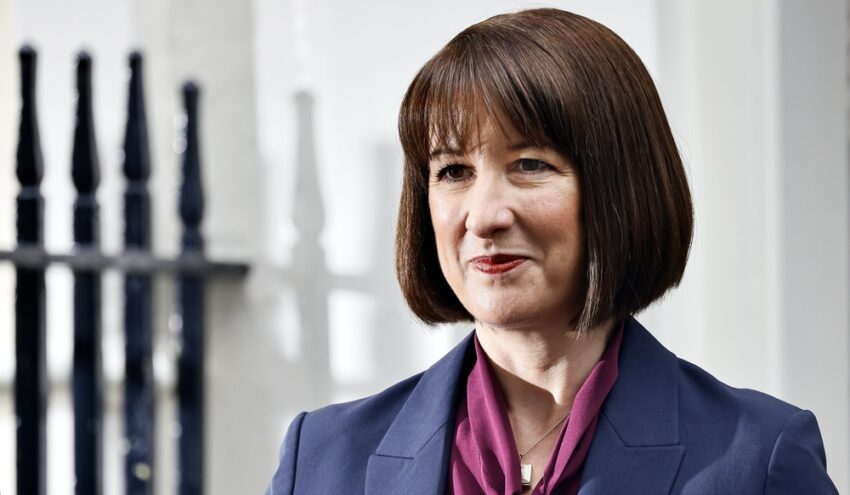The UK Chancellor, Rachel Reeves, has not expressly denied the possibility of an income tax increase in the upcoming Budget, stirring speculation that she may reverse a key pledge made in the Labour manifesto to maintain the nation’s fiscal balance. Despite previous affirmations to keep taxes for working people to a minimum, Reeves has refrained from reiterating her commitment from earlier not to raise income tax, National Insurance, or VAT.
Reeves’ comments, delivered during a visit to Leeds, mark a notable departure from her stance in September, where she asserted that Labour’s manifesto commitments would be honoured. The 2024 Labour manifesto promised not to raise the basic, higher, or additional rates of income tax.
However, Treasury officials are reportedly engaged in ‘active discussions’ about adding 1p to the basic rate, which could potentially generate over £8 billion per annum, or adjusting higher-rate thresholds for top earners. These discussions come at a time when Reeves is grappling with one of the most restricted Budgets in recent history.
The Office for Budget Responsibility (OBR) recently revised down UK productivity forecasts, creating a £22 billion deficit in public finances. This significant shortfall has effectively obliterated the £10 billion buffer that Reeves had allocated in the spring statement of March.
In September, government borrowing surged to £20.2 billion — the highest for that month in five years, as per the Office for National Statistics. This leaves Reeves with minimal room to adhere to her own fiscal rules without generating additional revenue.
Reeves acknowledged that the cost of living remains the primary concern for the public, underscoring her commitment to ‘support working people while ensuring sound public finances’. She admitted that despite inflation being ‘better than expected’, significant challenges persist.
Labour’s self-imposed fiscal rules mandate that government debt as a proportion of GDP should fall by 2029-30 and that day-to-day spending should be covered by tax receipts instead of borrowing. The respected Institute for Fiscal Studies (IFS) cautioned this week that to comply with these limits, Reeves would ‘almost certainly’ need to raise taxes.
Analysts pointed out that even though the effective interest rate on UK debt has dipped to its lowest in over a year, this relief is inadequate to close the financial gap. Reeves has repeatedly indicated that ‘those with the broadest shoulders should pay their fair share’, hinting at a focus on wealthier individuals and professional partnerships utilised by lawyers and accountants.
Nonetheless, economists argue that such targeted measures would only generate a fraction of the needed sum, implying that more politically sensitive options, including an income-tax rise, are still under consideration. If implemented, it would mark the first increase in income-tax rates since 2010 when Labour introduced a 50 per cent top rate on earnings above £150,000, later reduced to 45 per cent by the coalition government.
Currently, income above £12,570 is taxed at 20 per cent, with the rate increasing to 40 per cent for income between £50,271 and £125,140, and 45 per cent for any income over that threshold. The upcoming Budget on 26 November will be a pivotal moment for Reeves as she attempts to strike a delicate balance between fiscal credibility and political caution.
Any move to raise income tax would risk voter backlash but could also reassure markets of Labour’s continued commitment to disciplined, rules-based economic management. As one Treasury insider noted this week, ‘She knows the politics are tough either way — but if she gets this right, it could buy her the credibility she needs for the long term.’


